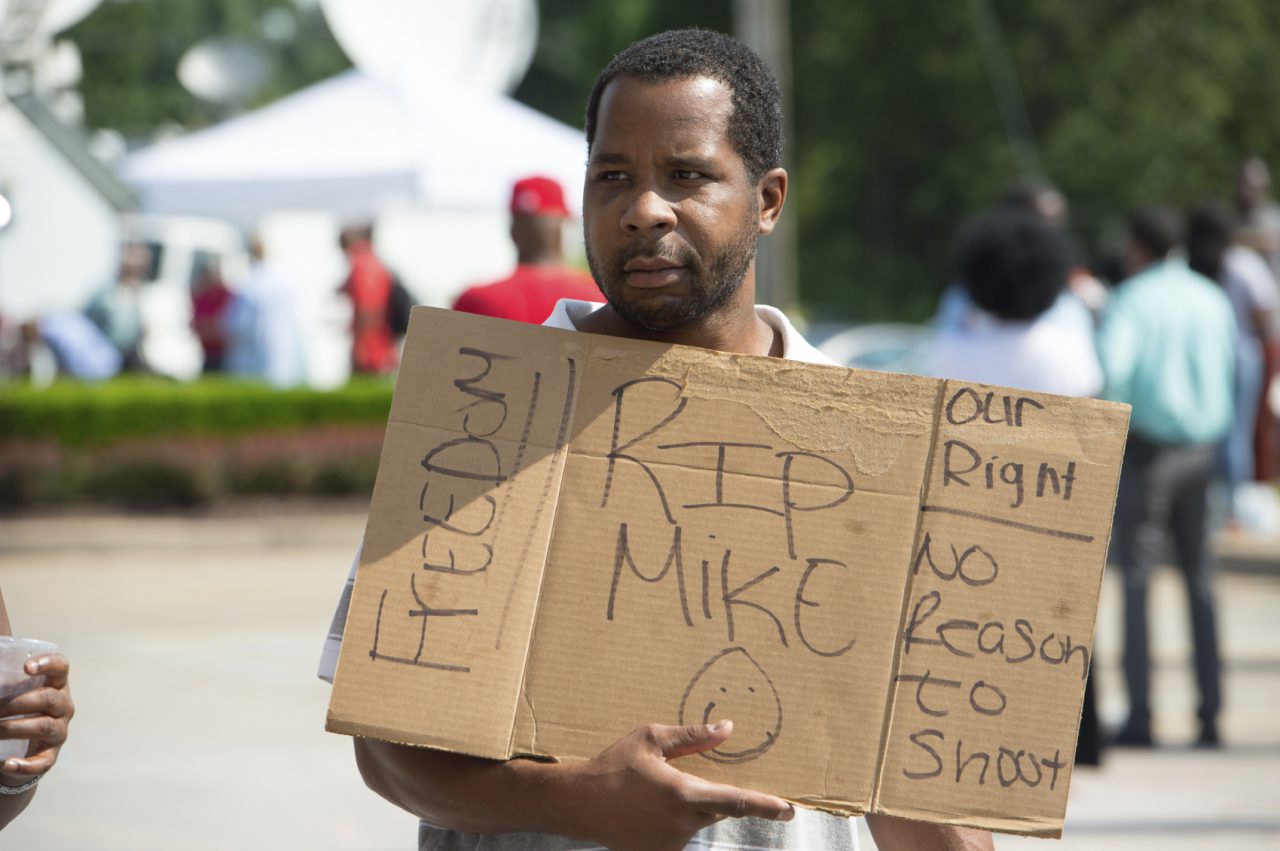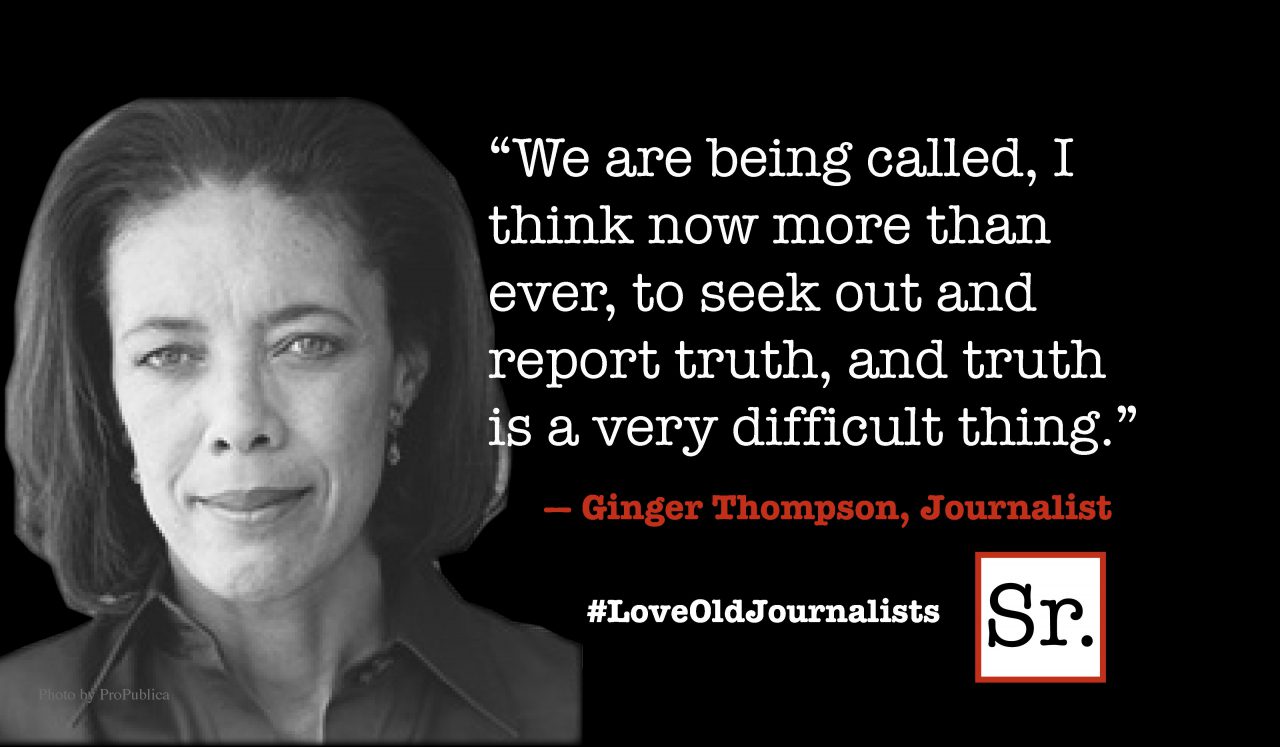It was time. I joined in a protest march in Santa Ana, California. It was organized by a Baptist Church and a Unitarian Universalist church, neither of which I belong to. Small in number, it was nonetheless impressive in the variety of people who marched together. Orange County in California has many minorities, but few African-Americans. I was the white Jewish senior marching along with young and old whites, African Americans, Muslims, Hispanics, and an Asian young man. It felt good to be among them. Most likely we would never have met if it weren't for our united cause of raising our voices in protest against police brutality.
We may have been hard to see in the darkness of the evening, but our chants of "We can't breathe" and "Hands up. Don't shoot" were loud enough to attract bystanders, with honking cars adding their agreement to the protest march. We stopped at our destination for a few words of encouragement from a pastor, a minister, a Muslim imam, a young woman who had attended workshops in Ferguson about non-violent demonstrations, a young man who had been personal friends with a mentally ill unarmed man who had been senselessly killed by police in a nearby city, and the president of the local NAACP.
One of the speakers asked us to yell out a word that described why we were there. I thought about it for awhile, and the word BETRAYED surfaced. The first policeman I ever met was the one who chatted with me daily as he stopped the cars so I could cross the busy street to walk to my grammar school. I believed that policemen were my friends and protected people. My time as a social worker exposed me to the dark world policemen have to live in daily. It skewed one's version of what life was all about and let in a lot of contradictions. The friendly policeman helping children and old ladies across the street could sometimes be cold, brutal, and violent. I felt my naive beliefs beginning to slip away.
As an idealistic child of the 60s, I marched in spirit with the protest movements. I've asked myself why I didn't join the protests with my feet on the ground then. I've never answered that question. When my husband and I adopted a black son in 1970, I didn't think about the possibility that he might be a target for police.
Over the years, I lived in other countries whose political leanings were repressive, harsh, and offered no dignity nor freedom. In fact, my own four grandparents had left a repressive country to be American immigrants in the last century. Although I saw the U.S. through more realistic lenses as I traveled, I maintained a belief in the American way.
The good old days of being naive are gone forever. I feel betrayed not only by police, but also by politicians who make big decisions about things that affect my life. I don't know anymore whom to trust in our present world. And so I have become one who doubts more than trusts. And I march.









